Rebecca J Hubbard
age ~60
from Baltimore, MD
- Also known as:
-
- Rebecca Julie Hubbard
- Rebecca Julie Nestor
- Rebecca J Nestor
- Rebecca Julie Farzam
- Julie Nestor
- Rebecca J Farzan
- Julie Farzam
- Nestor Rebecca
Rebecca Hubbard Phones & Addresses
- Baltimore, MD
- Atlantic City, NJ
- Derby, VT
- York, PA
- Glen Burnie, MD
- Linthicum Heights, MD
- Pontiac, MI
- Saint Leonard, MD
- Linthicum Hts, MD
- Newport Center, VT
Work
-
Company:Burke town school - Burke, VT, USNov 2012
-
Position:Internship
Education
-
School / High School:Lyndon State College- Lyndonville, VTDec 2012
-
Specialities:B.S. in Human Services
Skills
Experience working with Word • Quick Books and PowerPoint.
Resumes

Rebecca Hubbard
view source
Rebecca Hubbard
view source
Rebecca Dewitt Hubbard
view source
Rebecca Hubbard
view source
Legal Secretary
view sourceWork:
Legal Secretary

Rebecca Hubbard
view source
Rebecca Hubbard
view source
Rebecca Hubbard
view sourceSkills:
Research
Microsoft Excel
Management
Microsoft Word
Microsoft Excel
Management
Microsoft Word
Flickr
Youtube
Classmates
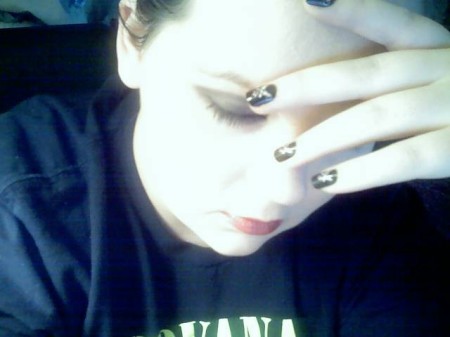
Rebecca Woods (Hubbard)
view sourceSchools:
Wilson High School Florence AL 1997-2001
Biography:
i'm becca. i've been married for six years and we have two boys. i'm in my second ye...
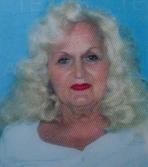
Rebecca Cook (Hubbard)
view sourceSchools:
Haines City High School Haines City FL 1958-1962
Community:
Carolyn Hayes
Biography:
hi this is for Michael Wadsworth. my name is Becky Hubbard Cook. I went to Haines C...

Rebecca Cook (Hubbard)
view sourceSchools:
Driver High School Winchester IN 1958-1962
Community:
Rebecca Hubbard, Terri Cassady, Richard Herman, Donna Flegal

Rebecca Hamlette (Hubbard)
view sourceSchools:
William Campbell High School Naruna VA 1973-1977
Community:
Larry English, John Wilson, James Payne

Rebecca Sexton (Hubbard)
view sourceSchools:
Curry High School Jasper AL 1978-1982
Community:
Janet Edelen

Rebecca Hoover (Hubbard)
view sourceSchools:
Novice High School Novice TX 1979-1983
Community:
Mary Adkins, Bobby Chamblin

Rebecca Hubbard (Sanders)
view sourceSchools:
Nucla High School Nucla CO 1964-1968
Community:
Linda Tomlinson, Deonna Bloomfield, Bryan Horton, Nancy Domgaard

Rebecca Hubbard
view sourceSchools:
Dewitt Clinton Elementary School Rome NY 1962-1964, Staley Junior High School Rome NY 1963-1967
Community:
Rebecca Dutcher, Arthur Clinton, Elaine Leonard, Elaine Izzo, Dennis Parrish

Rebecca Hurt Hubbard
view source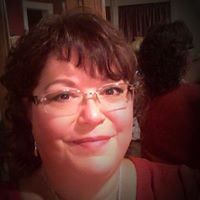
Rebecca Hubbard Macy
view source
Rebecca Goetz Hubbard
view source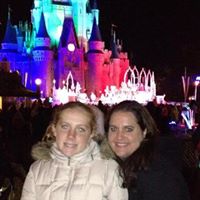
Rebecca Hubbard Tuomey
view source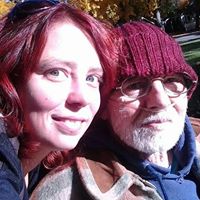
Rebecca Findley Hubbard
view source
Rebecca Teague Hubbard
view source
Caroline Rebecca Hubbard
view source
Rebecca Clark Hubbard
view sourceNews

In-depth study unveils pros and cons of different breast cancer strategies
view source- the US Preventive Services Task Force (USPSTF)'s final recommendation that women should undergo biannual breast cancer screening starting at age 50. Studys co-author Rebecca Hubbard said that digital mammography is safe, but some women may be at increased risk of radiation-associated breast cancer.
- Date: Jan 30, 2016
- Source: Google

Mammogram scares leave lasting fears, research finds
view source- For women 50 to 74 years old with dense breasts who are cancer-free, we estimated that more than half will be recalled for additional mammography at least once over the course of 10 years of annual screening, said Rebecca Hubbard of Group Health Research Institute, who worked on the study.
- Date: Mar 18, 2013
- Source: Google

More Than Half Of Women Have At Least One Mammogram False Alarm: Study
view source- "In most cases, a recall doesn't mean you have cancer," study researcher Rebecca Hubbard, Ph.D., a biostatistician at the Group Health Research Institute in Seattle told WebMD. "Hopefully, there will be less anxiety about getting a recall."
- Date: Oct 19, 2011
- Category: Health
- Source: Google

Pap still best test for cervical cancer
view source- False alarms "are part of the price to pay for early detection," said study leader Rebecca Hubbard of Group Health Research Institute, part of a Seattle-based managed care system. Women need to know how common they are, and "if it happens to them they will feel less anxiety," she said.
- Date: Oct 18, 2011
- Category: Health
- Source: Google

False positives in mammograms a big concern: study
view source- "We conducted this study to help women know what to expect when they get regular screening mammograms over the course of many years," explained Rebecca Hubbard, a Group Health Research Institute researcher in Seattle and an author of the research appearing in the October 17 edition of "Annals of Int
- Date: Oct 17, 2011
- Category: Health
- Source: Google

1 in 2 will have false alarm from yearly mammogram
view source- "What we found was more than half of women participating in annual screening would have a false positive after 10 years," Rebecca Hubbard of the Group Health Center for Health Studies in Seattle, said in a telephone interview.
- Date: Oct 17, 2011
- Category: Health
- Source: Google
Googleplus
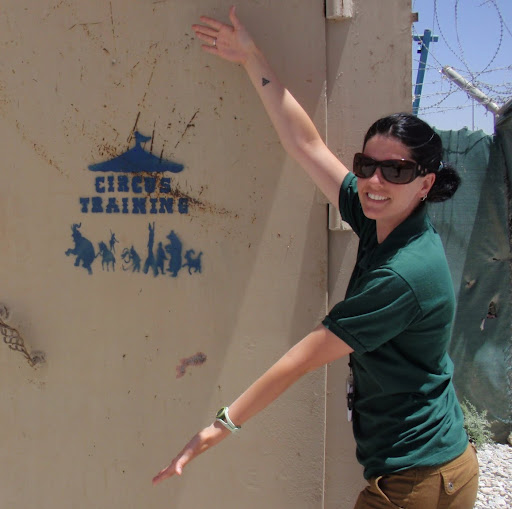
Rebecca Hubbard
Work:
National Whatever Day - Owner (2010)

Rebecca Hubbard
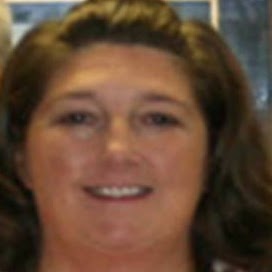
Rebecca Hubbard

Rebecca Hubbard

Rebecca Hubbard

Rebecca Hubbard

Rebecca Hubbard
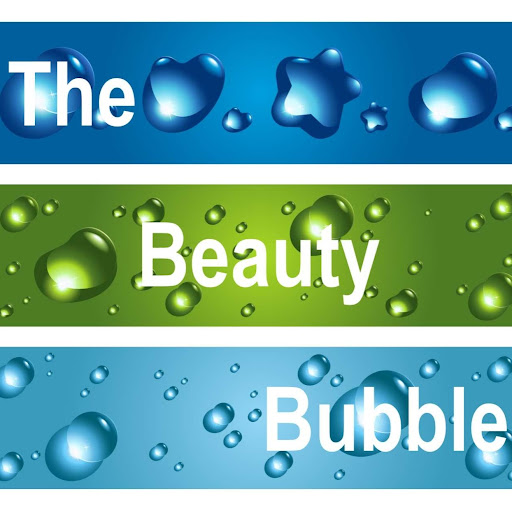
Rebecca Hubbard
Plaxo

Rebecca Hubbard
view sourceArkansas USAPromote and market products and solutions that help consumers save money and Help eliminate some of the pollution on planet earth!

rebecca hubbard
view sourceRogersville MO
Myspace
Get Report for Rebecca J Hubbard from Baltimore, MD, age ~60


























